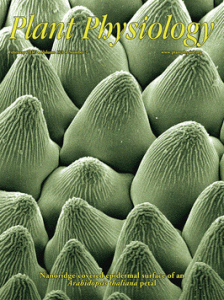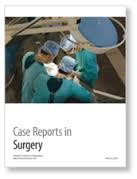 Recently, a reader contacted us with an interesting scenario: He’d recently heard about an author who asked for a refund of his page charges after he had to retract a paper for an honest error.
Recently, a reader contacted us with an interesting scenario: He’d recently heard about an author who asked for a refund of his page charges after he had to retract a paper for an honest error.
The scenario raised questions we’d never considered before. On the one hand, page charges often cover work that was completed in order to publish the paper, such as typesetting, printing, and distribution. That work happened, regardless of whether or not the paper was eventually retracted. On the other hand, researchers often depend on grants to cover publication fees, and if a paper is retracted, they may not be able to charge the grant, leaving them out of pocket.
If there is a fundamental problem with the paper, which the journal could have caught during editing and peer review, does that leave the journal partly responsible to shoulder some of the cost? What about if the article was retracted due to a publishing error, such as the journal posting the wrong version, or the same version twice?
Continue reading Should retractions ever lead to refunds of page charges?
 In an unusual turn of events, a nutrition paper has come back to life a year after being pulled from its original publication.
In an unusual turn of events, a nutrition paper has come back to life a year after being pulled from its original publication. SCOPUS, the
SCOPUS, the 




 Researchers in China have retracted a paper and corrected three others in a plant journal, citing problems with multiple figures.
Researchers in China have retracted a paper and corrected three others in a plant journal, citing problems with multiple figures. When two surgeons in Greece learned that a patient had developed a rare side effect following weight loss surgery, they were eager to publish the case.
When two surgeons in Greece learned that a patient had developed a rare side effect following weight loss surgery, they were eager to publish the case.